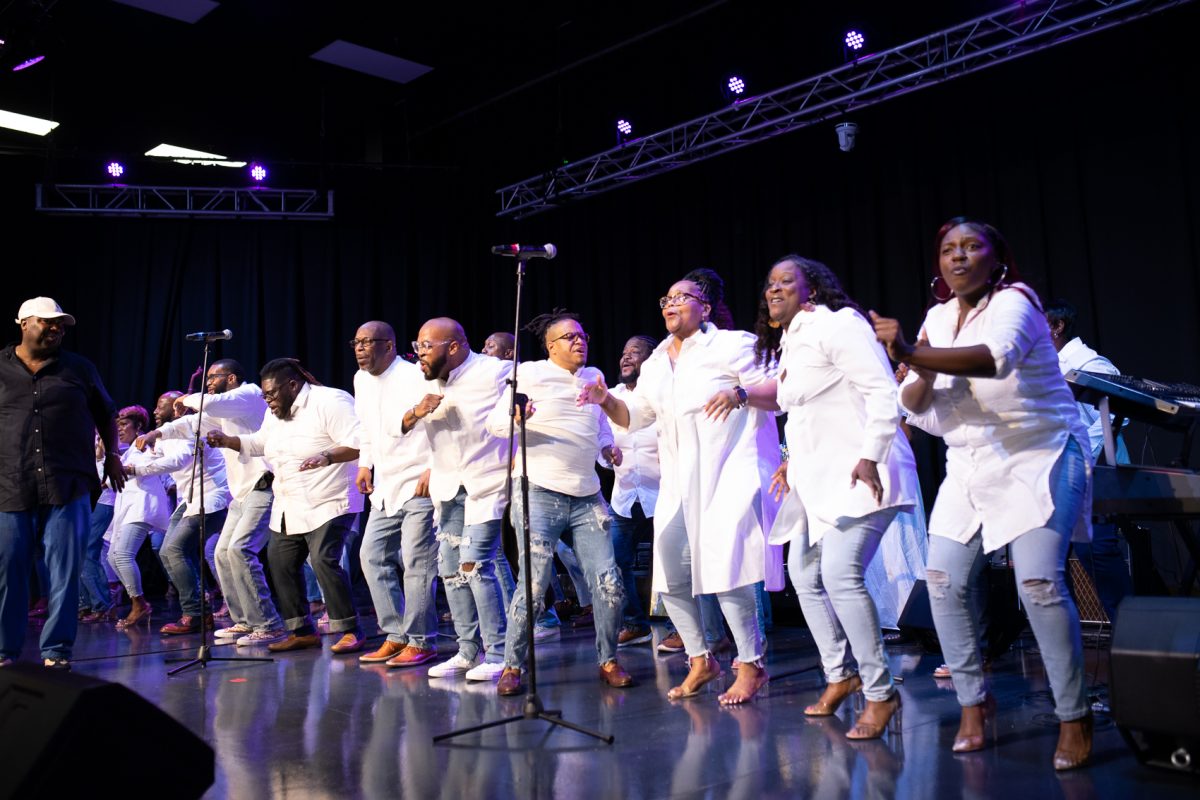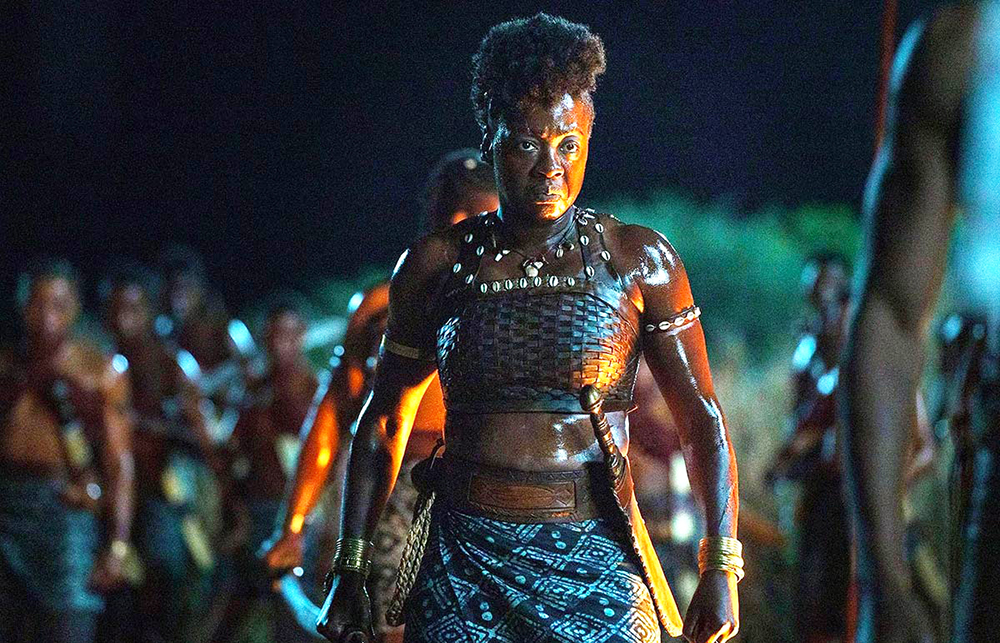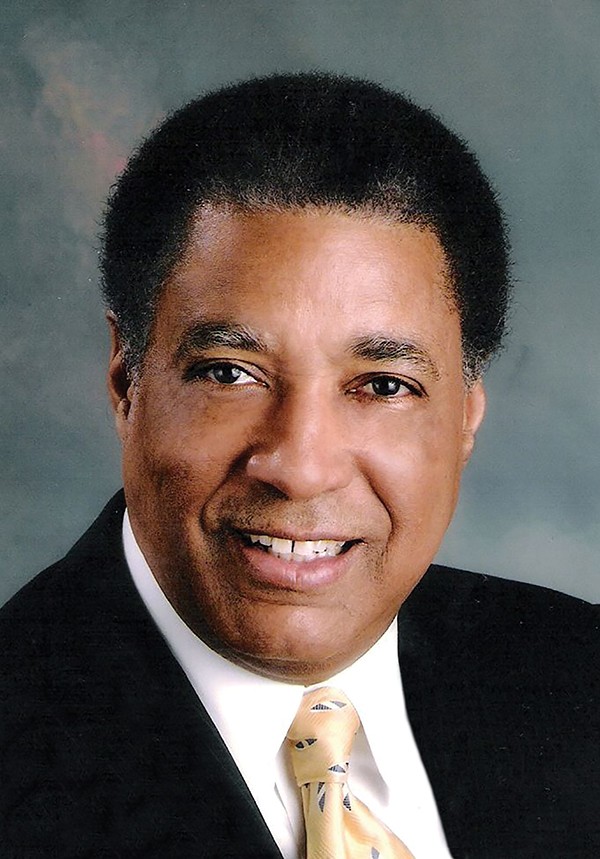With its daily programming of music and information, WLOK has long been committed to community outreach. Since the mid-1970s, it has also offered the popular free Stone Soul Picnic around Labor Day.
The station expanded its cultural outreach with the WLOK Black Film Festival, which brings together both the local art community and Hollywood films.
This year will be the seventh cinema festival, presenting four features plus a collection of short films by new filmmakers. The festival runs from September 13th through September 19th at venues around town.
Opening night, Wednesday, September 13th, is “New Filmmakers Production” with several short films being screened at the Stax Museum of American Soul Music. The winning filmmaker will be awarded a $1,000 prize.
On Thursday, September 14th, is 2022’s The Woman King at the Museum of Science & History (MoSH). Starring Viola Davis and directed by Gina Prince-Bythewood, the project dominated the 2022 Black Reel Awards and the film categories of the 2022 NAACP Image Awards. The presentation includes a red carpet and a buffet dinner with food from local restaurants.
On Friday, September 15th, the 2022 biopic Whitney Houston: I Wanna Dance With Somebody will be screened. It stars Naomi Ackie and was directed by Kasi Lemmons. That will be shown at Crosstown Theater, which is particularly good for this film: “We found that Crosstown has a great sound system, great acoustics, so we tried to get a place that had strong musical quality,” said Art Gilliam, president and CEO of WLOK.
Each year, the WLOK Black Film Festival honors a cinema luminary who has recently passed away. Saturday, September 16th will serve as a tribute to the late Chadwick Boseman, who plays Jackie Robinson in the 2013 film 42, directed by Brian Helgeland. The screening will be at Malco’s Studio on the Square, and a former player with the Negro League is expected to introduce the film.
The final day of the festival, Sunday, September 17th, will be at the National Civil Rights Museum with the 2022 film Till directed by Chinonye Chukwu. The screening will be introduced by a recorded interview with Myrlie Evers-Williams and Danielle Deadwyler, who plays Mamie Till in the film. There will be a panel discussion after the film.
The festival reinforces Gilliam’s vision for the station that he owns and operates. “The future is determined by ourselves in terms of what we do and how we do it,” he says. “That’s not just for us, but for any station — you have to have your identity. The benefit we have is that we understand who we are. And then we can do other things — it doesn’t have to be just radio.”
The film festival is meant to put a spotlight on a developing area for local creatives.
One of the board members of the Gilliam Foundation Inc. is Levi Frazier, a longtime playwright and educator. Frazier, Gilliam says, believes that “the opportunity for films in Memphis is tremendous.” With incentives being offered to local filmmakers, Gilliam says that part of the evolution of WLOK’s new filmmakers program has been to encourage talent.
Encouraging filmmakers is nothing new for WLOK. In 2002, the 25th anniversary of Gilliam’s acquisition of the station, he called on Joann Self Selvidge of True Story Pictures to create a documentary about the enterprise. The project, Selvidge says, set her on the path to filmmaking. “It kind of became a classic in the sense that they still played it from time to time on WKNO. When I look at it and realize the nuances that she was able to bring into that, it shows how very observant she is. So, we recognize the potential for the film industry in Memphis.”
It’s reflective of the programming of WLOK, but the station goes well beyond playing gospel tunes.
“We consider ourselves a community station,” Gilliam says. “We play gospel music, but there’s a difference. Some people think of us as a Christian station, and of course the majority of our listeners are Christian churchgoers. But as a community station that has a gospel music format, we delve into areas that the Christian stations aren’t necessarily going to. In our talk programs, we deal with legal issues, with health issues, with controversial and political issues. Most Christian stations don’t deal with these issues, or if they do, it’s strictly from one point of view. We deal with all points of view.”
WLOK Black Film Festival runs September 13th through 17th. For more info, visit wlok.com.


